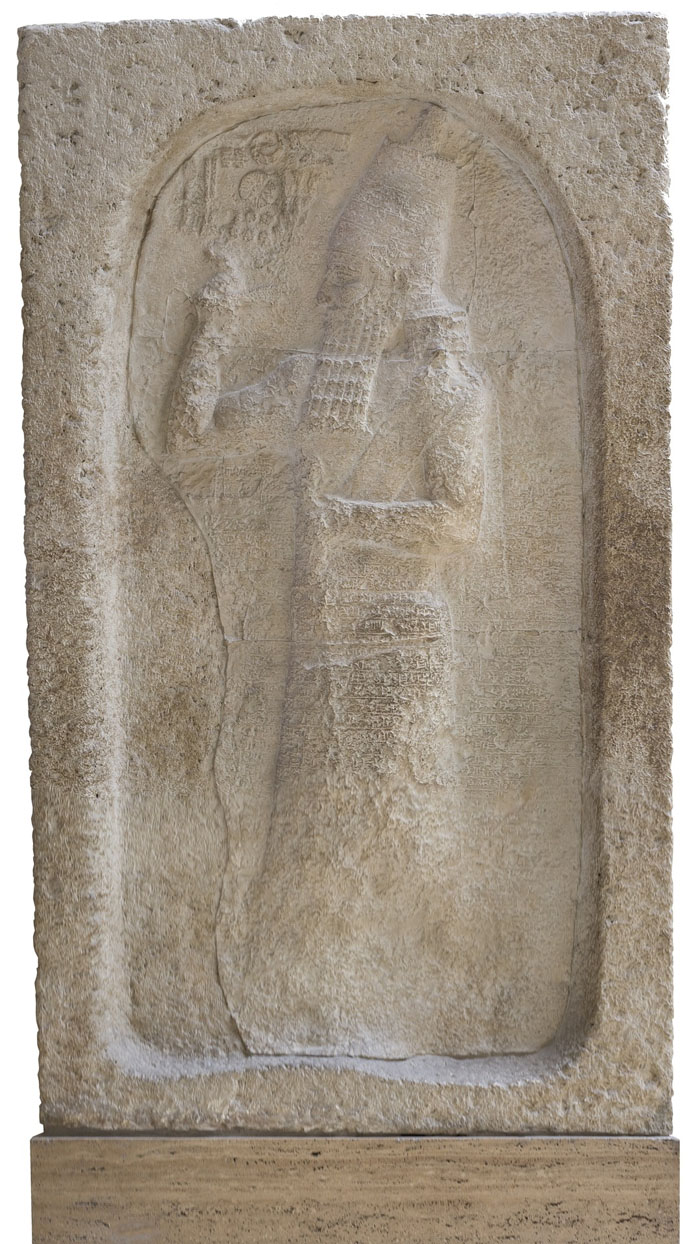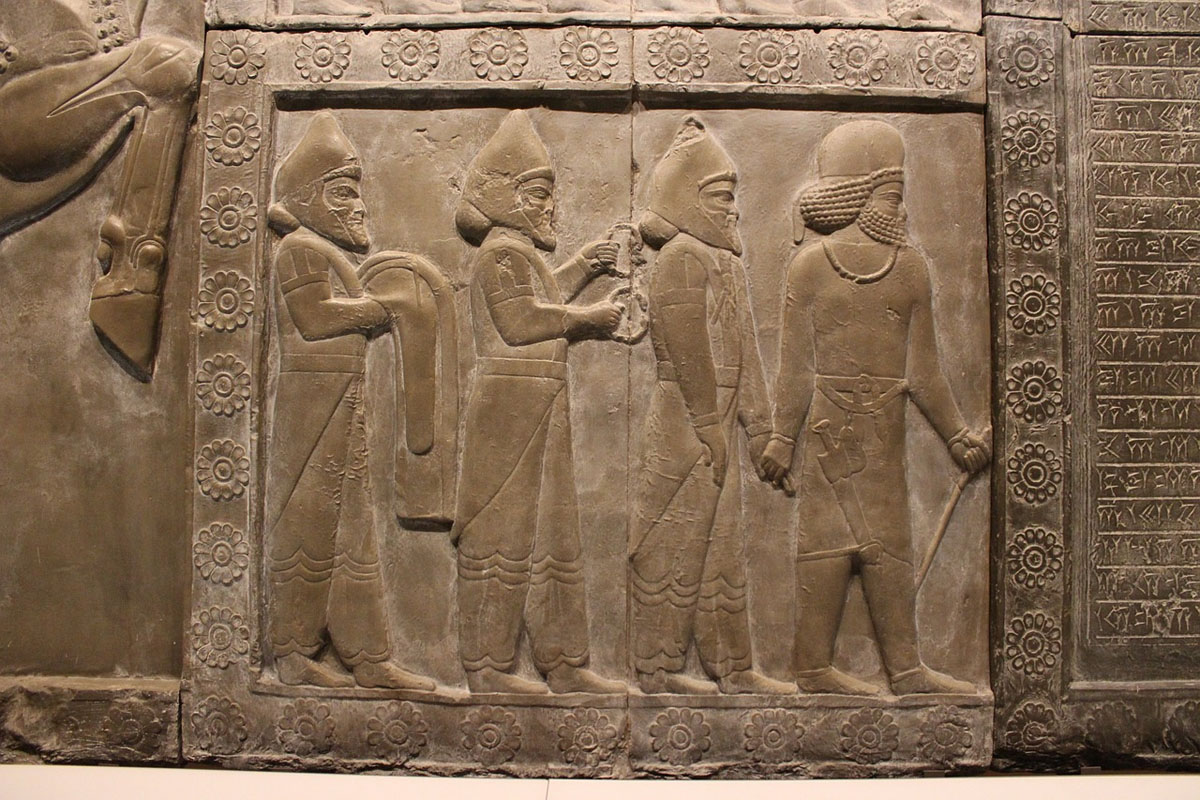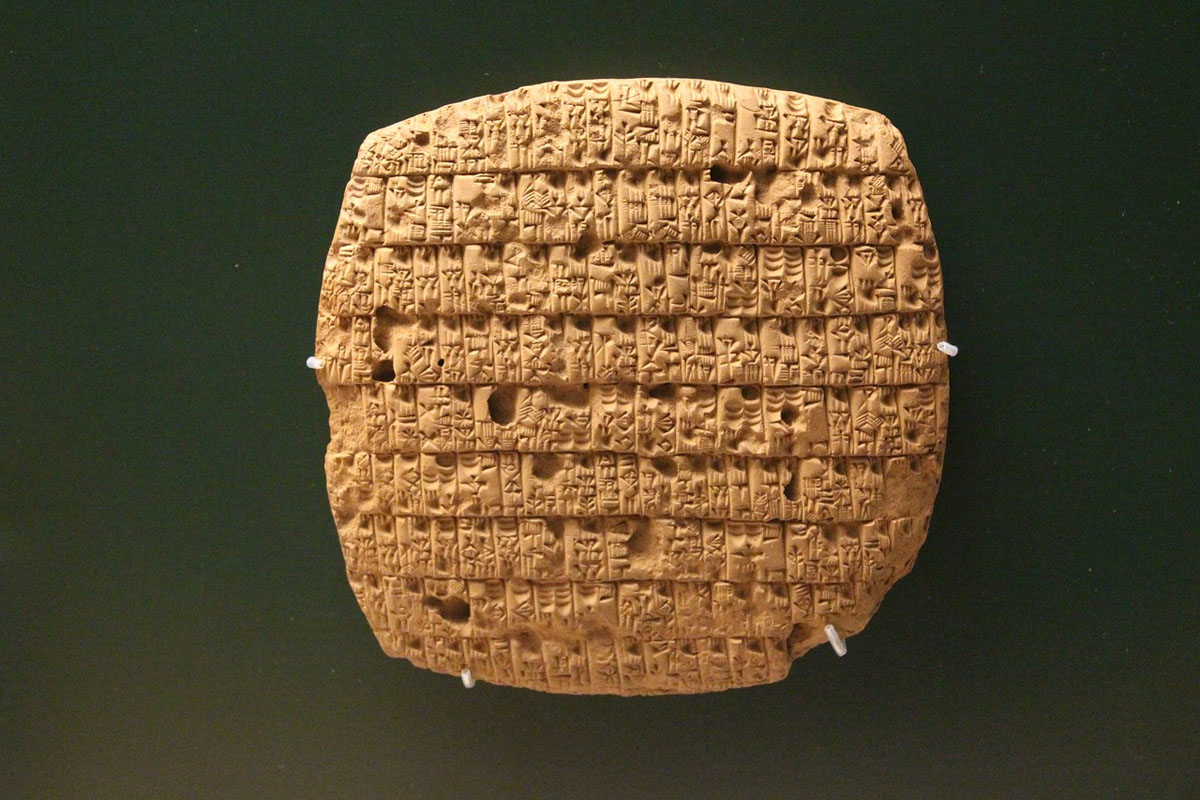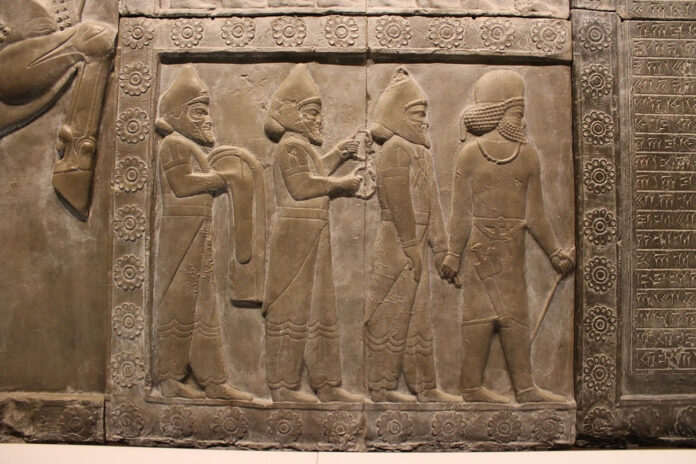Ancient Mesopotamia, commonly known as the “birthplace of civilization” was a historical territory situated in the eastern Mediterranean. It was bordered by the Zagros Mountains to the northeast and the Arabian Plateau to the southeast. This region, which approximately corresponds to present-day Iraq and portions of modern-day Iran, Syria, and Turkey, harbored some of the earliest and most significant civilizations in the world.
Sumerians and the First Civilization
The inception of ancient Mesopotamia dates back to approximately 3500 BCE, when the Sumerians emerged as a dominant force. They founded city-states along the Tigris and Euphrates rivers, and devised intricate irrigation systems to facilitate agriculture. The Sumerians are credited with inventing cuneiform, the world’s first known form of writing, which they inscribed on clay tablets. Additionally, they made noteworthy strides in the fields of mathematics, astronomy, and governance.
Akkadians and Babylonians
Subsequently, the Akkadians, led by Sargon the Great, conquered Sumer in 2340 BCE, establishing the Akkadian Empire, the first Semitic empire in history. Later, under the rule of Hammurabi from 1792-1750 BCE, the Babylonians created the renowned Code of Hammurabi, one of the earliest and most comprehensive written legal systems.

Assyrians and Neo-Babylonians
The Assyrians, renowned for their exceptional military capabilities, expanded their dominion in the northern region of Mesopotamia circa 1300 BCE. They innovated advanced strategies for siege warfare and established a vast empire encompassing portions of Mesopotamia, Anatolia, and the Levant. Following their reign, the Neo-Babylonian Empire emerged, led by the illustrious King Nebuchadnezzar II. Nebuchadnezzar II gained fame for his remarkable architectural accomplishments, notably the creation of the Hanging Gardens of Babylon, one of the Seven Wonders of the Ancient World.

Contributions to Civilization
The contributions of Mesopotamia to human civilization were of great significance. They pioneered the concept of city-states, developed the earliest forms of writing, devised sophisticated agricultural techniques, and laid the groundwork for various disciplines such as mathematics, astronomy, and law. Their religious beliefs exerted a profound influence on subsequent cultures, with many of their gods and myths being adopted by successive civilizations in the region.
Decline and Legacy
The decline of Mesopotamia commenced with the incursions of external powers, namely the Persians, Greeks, and ultimately the Islamic Caliphates. Although it ceased to exist as a political entity, the enduring impact of ancient Mesopotamia persisted and left an indelible mark on subsequent civilizations, notably the Greeks, Romans, and later, Islamic scholars during the Islamic Golden Age. Numerous facets of Mesopotamian culture, encompassing writing, mathematics, and legal systems, were transmitted to future generations, thereby significantly influencing the trajectory of human history.
Agriculture and Irrigation
The Mesopotamians were pioneers in the field of organized agriculture, implementing advanced irrigation systems to regulate the flow of the Tigris and Euphrates rivers, thus facilitating year-round farming. This groundbreaking development resulted in a surplus of food production, which in turn fostered the growth of urban centers.
City-States and Social Structure
Mesopotamia was characterized by its division into numerous city-states, each governed by its own ruler and administration. Cities such as Ur, Uruk, and Babylon served not only as political powerhouses but also as bustling hubs of trade and cultural exchange. The society was structured hierarchically, with distinct classes comprising kings, priests, scribes, and artisans.
Writing and Literature
The Sumerians were responsible for the creation of cuneiform, the earliest known writing system in the world. Initially employed for record-keeping purposes, cuneiform gradually evolved into a script utilized for literary works, myths, and epic tales. The Epic of Gilgamesh, one of the oldest surviving pieces of literature, originates from ancient Mesopotamia.

Religion and Mythology
The Mesopotamians adhered to a polytheistic belief system, worshipping a diverse pantheon of gods and goddesses. These deities symbolized various natural forces, such as the sun, water, and fertility. In reverence to these gods, temples were constructed, and the priests held considerable sway over the populace. The rich mythology of Mesopotamia, including the renowned creation myth EnumaElish, exerted a profound influence on subsequent religious beliefs within the region.
Mathematics and Astronomy
The Mesopotamians made remarkable advancements in the field of mathematics. They devised a base-60 numeral system, which left an indelible mark on the measurement of time (evident in the division of minutes and hours into 60 units). Additionally, their keen interest in astronomy led to the meticulous mapping of celestial movements and the creation of the first lunar calendar.
Trade and Cultural Exchange
Situated at a strategic crossroads between the East and the West, Mesopotamia emerged as a bustling center of trade. Engaging in commerce with distant lands, they facilitated the exchange of various commodities, including textiles, metals, and agricultural products. This vibrant cultural interchange not only enriched Mesopotamian society but also exerted a profound influence on the neighboring civilizations.
The Legal System and Hammurabi’s Code
Hammurabi, the sixth king of Babylon, is renowned for having established one of the oldest and most comprehensive legal systems in history, known as Hammurabi’s Code. This code was designed to establish laws and punishments for various offenses, with a particular emphasis on the principle of “an eye for an eye.” Its influence on subsequent legal codes in the ancient world was significant.

Decline and Enduring Influence
Over time, Mesopotamia experienced a gradual decline due to invasions, resource depletion, and shifts in trade routes. Despite its eventual fall, however, its contributions to human civilization have endured. Concepts such as writing, mathematics, and governance that developed in Mesopotamia formed the basis for future societies, ensuring its enduring legacy in the annals of history.




